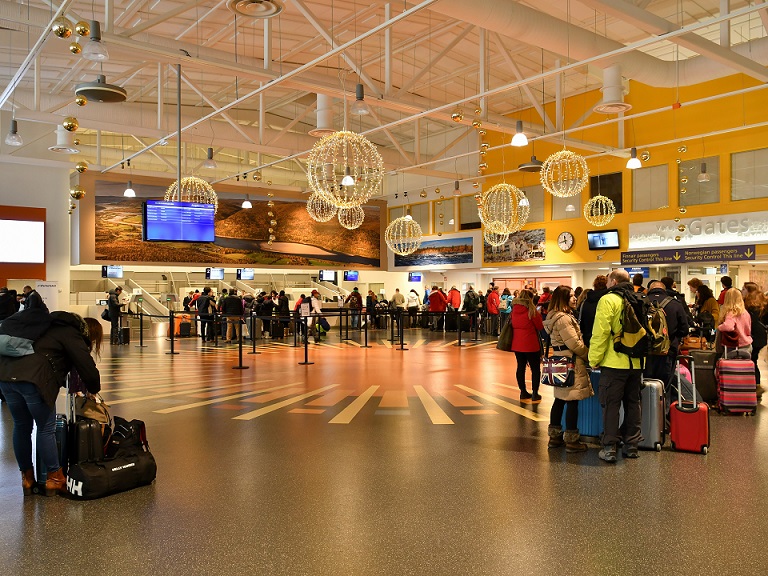This post is also available in:
 עברית (Hebrew)
עברית (Hebrew)
Going through airport security can be a nerve-wracking process. In the US, whether it’s adhering to Transportation Security Administration (TSA) rules of removing laptops from bags, or navigating the seemingly endless, winding queue, getting screened before a flight is time-consuming.
A collaboration between Northeastern University researchers and the Department of Homeland Security (DHS) is testing an artificial intelligence (AI) surveillance system to track passengers and their belongings as they make their way through airport security. The researchers are working on integrating video surveillance software with artificial intelligence to make this vital security process much smoother.
Their system leverages AI and video surveillance to track passengers and their belongings as they make their way through the entire checkpoint. The system’s ability to track passengers who have already been through some aspect of screening could help to reserve resources and reduce redundancies, according to futurism.com. It would allow for the mixing of standard and TSA pre-check lines at less busy airports, which would help to speed the screening process along.
To test the system, Northeastern University volunteers are repeatedly herded through a mock security checkpoint. The tests try to throw a variety of potential issues at the new system, including item theft, passengers who forgot to remove electronics from backpacks, and line cutting in line.
The technology is not ready for implementation in today’s airports yet, and there’s no indication of when it will be ready. One of the great balancing acts of the TSA is to ensure absolute safety while also protecting the privacy of passengers. Developing a system which can maintain that balance while also reducing the amount of passenger inconvenience is a daunting task that could take decades.
Northeastern is among several “Centers of Excellence” awarded government-funded research contracts to make airports and Transportation Security Administration checkpoints more secure and easier for travelers.
TSA has been under fire for repeatedly failing to detect weapons in undercover tests and hassling travelers in everyday encounters, reports wsj.com. The software being tested would automatically track passengers and their belongings through checkpoints, eventually making screening faster and more effective.


























